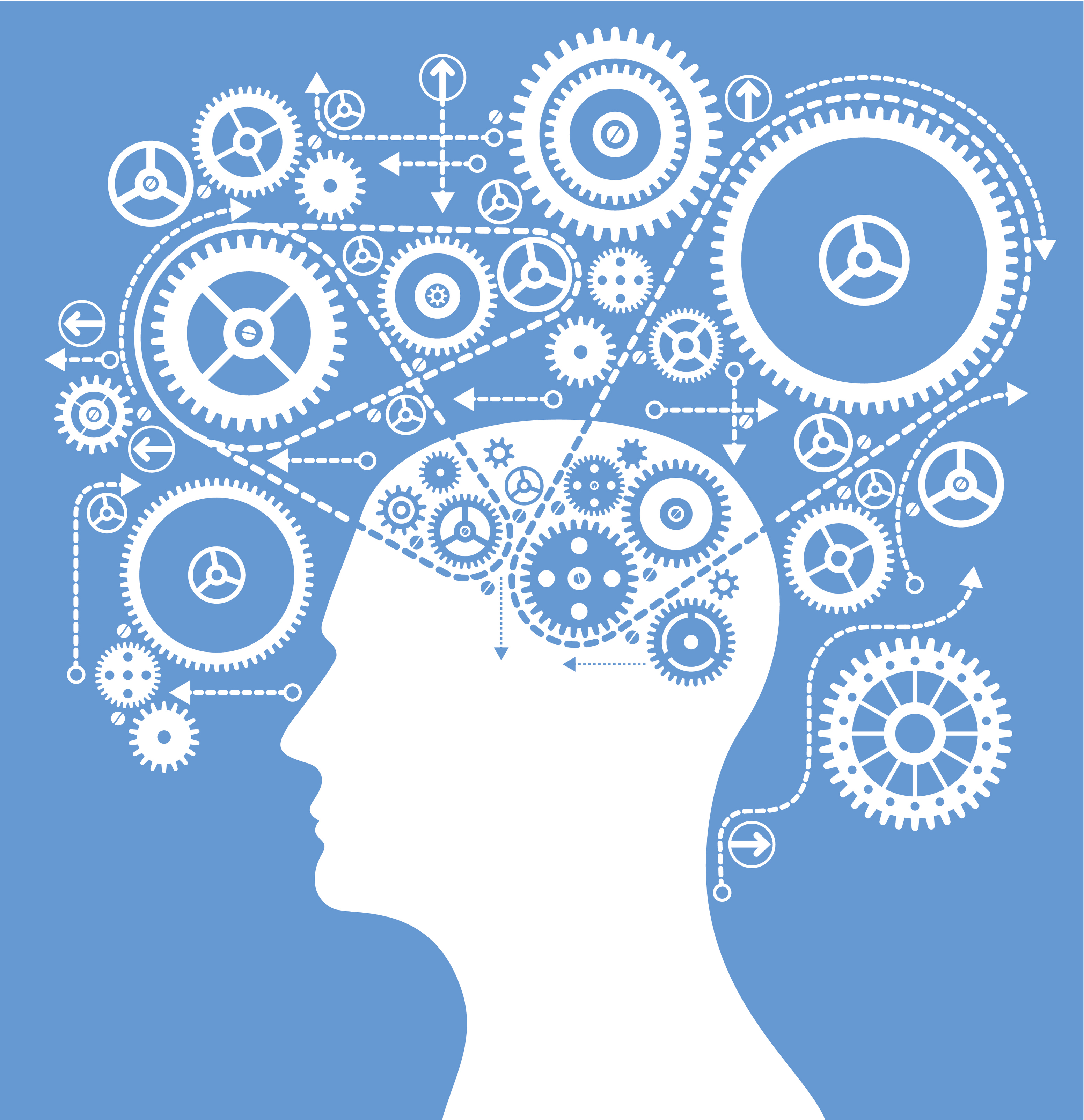Top ADHD Articles: Critiques of DSM-5, Treatment of Bipolar & Substance Use Disorder

Author: Russell Barkley, Ph.D.
Russell Barkley, Ph.D. articulates some disadvantages of the DSM-5 ADHD criteria. He believes the DSM-5 fails to capture the essence of ADHD as it incorrectly conceptualizes it, not as an executive functioning and self-regulation disorder, but merely an attention deficit issue. He emphasizes this perspective drastically simplifies ADHD and discourages clinicians from investigating a wider range of impediments related to the condition.
However, despite these shortcomings, Barkley explains how clinicians can safeguard against faulty diagnoses by paying more attention to patient symptoms of disinhibition and executive dysfunction and less on the age of onset for ADHD symptoms.
Continue reading “Understanding the Failure of DSM-5 in Assessing ADHD — and Proposing a Better Diagnosis Method”, Author: William French, M.D., DFAACAP
William French, M.D., DFAACAP, likens irritability in mental health to what fever is in pediatrics. He elaborates that akin to how fever is a major symptom of numerous ailments and infections, irritability is at the core of many mental conditions. French provides an in-depth analysis of causes and ties to comorbidities for issues like DMDD, ODD, ADHD, and bipolar disorder. He reviews the latest research on possible treatments and interventions.
Continue reading “Understanding Irritability in Children: Its Causes and Links to Other Conditions”, Author: Nelson M. Handal, M.D., DFAPA
With the alarming increase in depression rates - often connected to ADHD – Nelson M. Handal, M.D., DFAPA, reviews our understanding of major depressive disorder (MDD) and ADHD. He explores the most effective treatment options for depression and discusses alternative approaches for its management. Handal highlights promising treatments for MDD, including psychedelics, Spravato nasal spray, Zurzuvae (zuranolone), and other advancements in the field of depression treatment.
Continue reading “Exploring Depression and ADHD Treatments: Present and Emerging Approaches”, Author: David W. Goodman, M.D., LFAPA
David W. Goodman, M.D., LFAPA, emphasizes the necessity of an accurate diagnosis before treating patients with bipolar disorder, ADHD, or both. He acknowledges the challenge, considering the high occurrence of comorbidity and overlapping symptoms. He offers clinicians ways to differentiate between bipolar disorder and ADHD, focusing on the patient’s family psychiatric history and phenomenological experience. He compares the qualitative differences in different types of headaches and sadness versus depression to illustrate his point.
Continue reading “Bipolar and ADHD Differential Diagnosis: A Phenomenological Approach”, Author: Joel Nigg, Ph.D.
Joel Nigg, Ph.D. delves into a comprehensive exploration of whether birth trauma causes ADHD or if prenatal complications, like maternal obesity or hypertension, increase a child's risk for ADHD. He also investigates the impact of prenatal and postnatal exposures to substances like alcohol and smoking on ADHD development. Joel provides insights from the latest studies and suggests precautionary measures parents can adopt. He reiterates that while risk factor exposure does not necessarily result in ADHD, early and effective treatment can often offset pre-existing complications and foster better outcomes.
Continue reading “The Role of Prenatal and Early Life Risk Factors in ADHD: Current Research and Preventive Measures”, Author: Peter Jensen, M.D.
According to Peter Jensen, M.D., neuroimaging, genetic research, and non-pharmacologic interventions like transcranial magnetic stimulation and attention training are three key areas that could improve our understanding of ADHD. He envisions a future where more specific gene and brain development pathways will be uncovered, leading to more precise interventions for various ADHD subtypes based on individuals’ unique gene-environment mix and its progression over time.
Continue reading “Envisaging the Future of ADHD Research”, Author: Timothy Wilens, M.D.
ADHD medications — both stimulants and non-stimulants — may be used to treat patients with comorbid substance use disorder and typically improve outcomes for patients with both conditions. “Unfortunately, many patients who have an active SUD (or even a past history of substance use issues) are either not diagnosed with ADHD or, even with a diagnosis, they are denied medication and appropriate treatment for their co-occurring ADHD due to overstated and misplaced fears, bias, and misinformation,” says Timothy Wilens, M.D. “In other words, far too many clinicians discriminate against patients with comorbid ADHD and SUDs.” Here, Wilens examines the role ADHD medications play in SUD treatment and suggests steps to curtail prescription misuse.
Continue reading “Sobering Advice: How to Treat ADHD Alongside SUD”, By Carole Fleck
ADHD diagnoses among adults are growing faster than ever in the U.S. despite the absence of formal clinical guidelines for the accurate evaluation and treatment of the condition after childhood. That’s about to change. A task force commissioned by the American Professional Society of ADHD and Related Disorders (APSARD) is developing ADHD diagnosis and treatment guidelines for adults in the U.S., to be published in 2024. In an interview with ADDitude, APSARD President Ann Childress, M.D., discussed the implications of the forthcoming guidelines. “ADHD in adults is not just a minor inconvenience — it is a major public health problem,” Childress says. “Guidelines will help practitioners who previously may have felt uncomfortable evaluating and treating adults with ADHD, and these will improve access to high-quality care.”
Continue reading “First-Ever Adult ADHD Guidelines Forthcoming”, By Nelson M. Handal, M.D., DFAPA
Depression and anxiety disorders occur with ADHD at significant rates. What explains these high comorbidity rates? “Many factors may explain the overlap, and one of them I can’t stress enough: ADHD does not happen in a vacuum, and its effects are far more impairing when the condition goes undiagnosed, untreated, or improperly treated,” Nelson M. Handal, M.D., DFAPA, says. Here, Handal shares why depression appears to take a more significant toll on women with ADHD and how undiagnosed and/or untreated ADHD manifests in patients with depression.
Continue reading “How Undiagnosed ADHD Triggers Depression and Anxiety”, By ADDitude Editors
More than one year into the ADHD stimulant shortage, patients still struggle to fill their prescriptions for Adderall XR and other stimulants like Vyvanse, Concerta, and Focalin.
According to an ADDitude survey of 11,013 caregivers and adults with ADHD, roughly 38% of all patients have had trouble finding and filling their prescription medication over the last year, and 21% continue to suffer treatment disruptions today. Here, ADDitude readers share how they have been forced to forgo medications, make do with substitutes that aren’t as effective or cause bothersome side effects, and ration out a dwindling supply, often dividing it between multiple family members with ADHD.
Continue reading “‘A Daily Nightmare:’ One Year into the ADHD Stimulant Shortage”
CELEBRATING 25 YEARS OF ADDITUDE Since 1998, ADDitude has worked to provide ADHD education and guidance through webinars, newsletters, community engagement, and its groundbreaking magazine. To support ADDitude’s mission, please consider subscribing. Your readership and support help make our content and outreach possible. Thank you.




